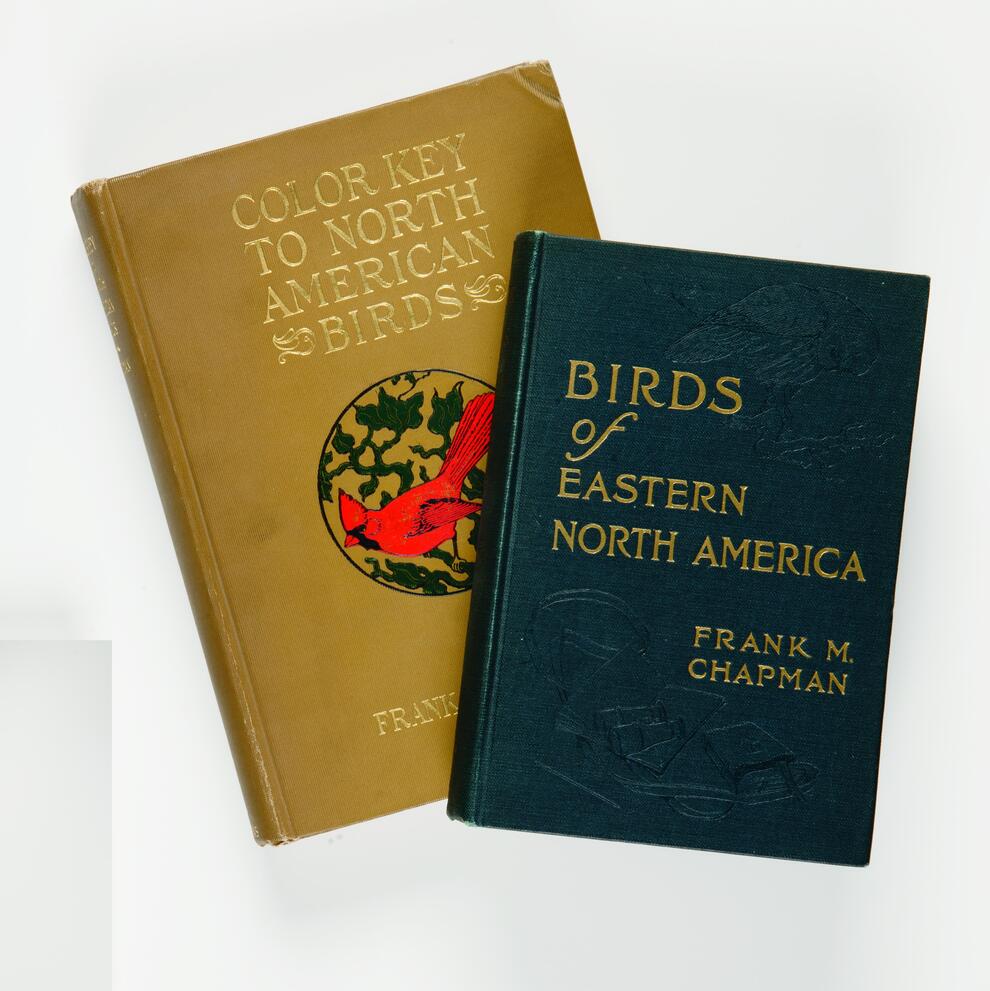Sharing Assets and Spreading Knowledge – Here, There and Everywhere
by Rachel Wysoki on
Shortly after, I decided to also volunteer in the Digital Lab scanning glass plate negatives of the material I was cataloging. And in 2014, I became the Interlibrary Loan Librarian. The position offers an important service which adheres in part to the mission of the Museum -- which is to "to disseminate knowledge about human cultures, the natural world, and the universe.” The Library has worked tirelessly to achieve this through ongoing digital initiatives making the content of our collections easily searchable and therefore accessible to an ever growing audience.
Our collaborative relationship with the Biodiversity Heritage Library (BHL) is one such example. Through a joint digitizing initiative and sponsored grants, many of our older titles, as well as expedition journals and field books, have been scanned and made openly available on this shared platform as part of BHL’s global community. It is a wonderful opportunity to view many of our titles and further scholarship on biodiversity literature.
The AMNH Research Library has a robust collection of over 600,000 volumes. It is one of the largest natural histories libraries in the world and is rich in retrospective materials, some dating back as far as the 15th century. Because many of our materials are difficult to find elsewhere, our Library forms the finest single collection for zoological systematics. And since the Library is so unique, our resources are in high demand thus making us a valued loan partner. However, despite the scope and depth of our resources, there are times when our staff of curators, scientists, exhibition preparators, educators, researchers, conservators and students need material we do not possess. Interlibrary loan allows us to borrow material held elsewhere as well as lend material from our vast holdings to institutions and individuals globally. Here's how it works. Using the online platform OCLC WorldShare, a cooperative of resource-sharing libraries throughout the world, collections can be easily viewed through WorldCat, a network of library content, to determine where the specific resource is located. A request is placed by either the lender or borrower. If it is a physical book, tape, CD or microform, it is mailed. Print journal and magazine articles, book chapters and book sections, rare materials as well as resources in poor condition are all scanned and along with E-books and e-journals are sent to the requester electronically. In any given week, several books may be sent or received and more requests are fulfilled by sending scans. My role is to ensure the operation runs smoothly here at the Museum.
Sounds simple but often that is not the case. Both lenders and borrowers have been known to inadvertently submit partial titles, misspell journal names and write wrong page numbers and sometimes there is the added challenge of decoding resources written in foreign languages using alphabets you don't know. But that is also where the fun comes in. I love a good puzzle and finding the correct material despite an inexact or partial citation is highly satisfying. Helping a patron is paramount as librarianship is about providing service.
© AMNH/C. Coles
Although the Library doors have been closed during the pandemic, the work has not stopped. Yes, books have not been able to be mailed or received but finding material online and getting it to the appropriate person electronically has continued. At times, locating another staffed institution to fulfill our requests has been a challenge. However, as the world slowly re-opens, more and more material will begin to circulate again making users the world over happy. Deciphering the puzzle, helping the patron, making material findable is all in a day's work. And I love it.

Finnin, Denis (photographer)
This is the ninth post in a series about how the Library's staff is working remotely and enriching its digital collections to enhance access to researchers and the public during the COVID-19 pandemic. This entry was written by Rachel Wysoki, Interlibrary Loan Librarian.